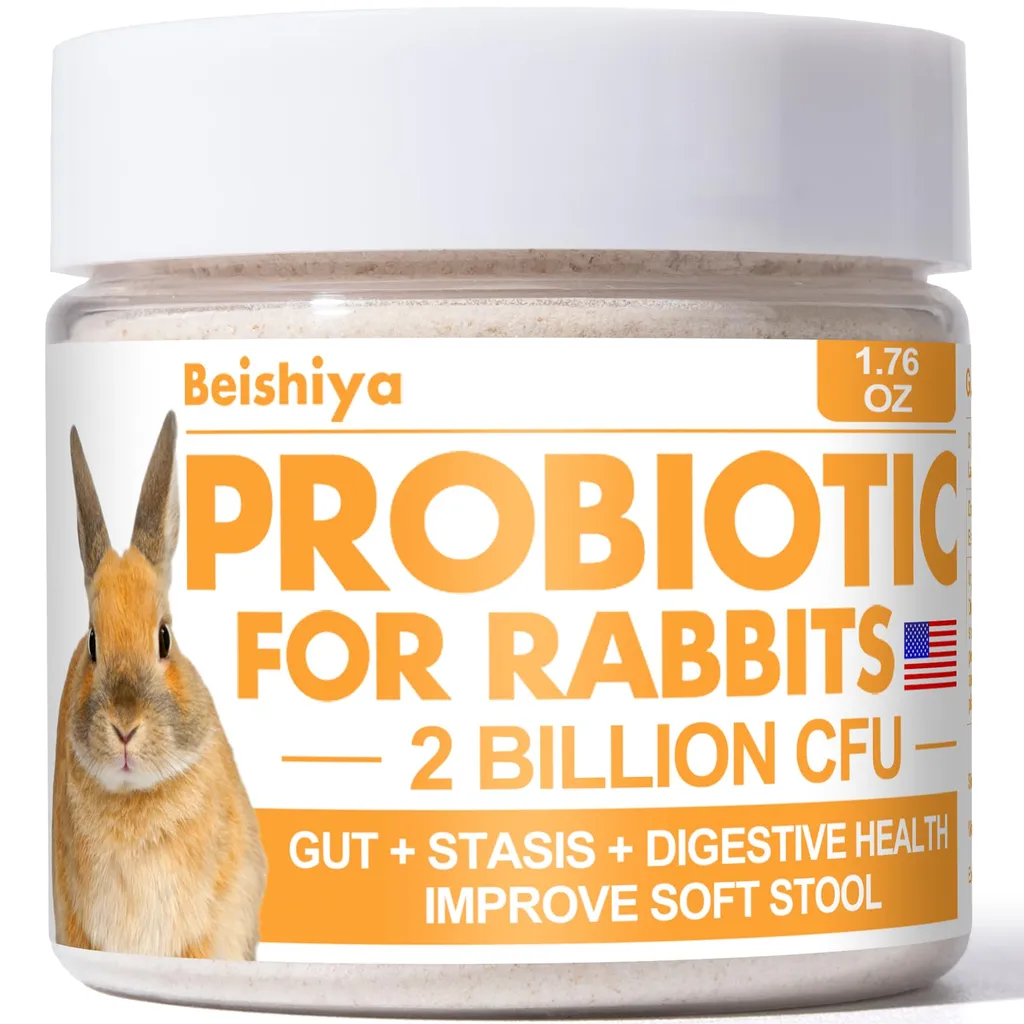In the high-stakes world of intensive animal husbandry, weaning stress in rabbits often leads to disrupted gut health and stunted growth, posing a significant challenge for farmers. A recent study published in *Frontiers in Veterinary Science* offers a promising solution: compound probiotics. Researchers led by Changchuan Ye from the Fujian Provincial University Engineering Research Center for Animal Breeding and Sustainable Production have demonstrated that these probiotics can enhance growth performance, immune function, and antioxidant capacity in weaned rabbits, while also fostering a healthier gut microbiota.
The study involved 64 weaned New Zealand rabbits, divided into four groups. The control group received a basal diet, while the other three groups were supplemented with different combinations of probiotics. The single-probiotic group (SP) received *Lactobacillus plantarum QZF*, the double-probiotic group 1 (DP1) received *L. plantarum QZF* and *Cyberlindnera fabianii EMS*, and the double-probiotic group 2 (DP2) received *L. plantarum QZF* and *Bacillus velezensis BD*.
The results were striking. Rabbits supplemented with probiotics showed improved growth performance, with increased average daily gain and a decreased feed-to-gain ratio. “The enhanced growth performance is a direct result of improved gut health and nutrient absorption,” explained Ye. The probiotics also boosted immune function, as evidenced by elevated levels of plasma immunoglobulins and reduced concentrations of pro-inflammatory cytokines. Additionally, the rabbits’ antioxidant capacity improved, with higher activities of superoxide dismutase and glutathione peroxidase and lower malondialdehyde content.
Perhaps most intriguingly, the probiotics influenced the composition of the rabbits’ gut microbiota. The abundance of *Fusobacteriota*, a phylum associated with disease, decreased, while the abundance of *Christensenellaceae_R-7_group*, a beneficial bacterium, increased. “This shift in microbiota composition is crucial for maintaining a healthy gut environment,” said Ye.
The commercial implications of this research are substantial. As the global demand for rabbit meat continues to rise, farmers are constantly seeking ways to improve efficiency and sustainability. Probiotics offer a promising alternative to antibiotics, which are increasingly restricted due to concerns about antibiotic resistance. “Compound probiotics present a sustainable and effective nutritional strategy for alleviating weaning stress and optimizing growth performance in rabbits,” Ye noted.
This study not only provides valuable insights into the potential of compound probiotics in rabbit production but also opens up new avenues for research in other livestock species. As the agricultural sector continues to evolve, the integration of probiotics into animal feed could become a standard practice, revolutionizing the way we approach animal husbandry. The findings from this research could shape future developments in the field, paving the way for more sustainable and efficient farming practices.

